Worried about your child’s screen time and the potential impact of blue light? This guide will answer the question, What is blue light blocking glasses? and explain how they work. You’ll also learn why they might be beneficial for your child’s eye health and sleep.
Understanding Blue Light and Its Potential Impact on Kids
What is Blue Light?
Blue light is part of the visible light spectrum and is characterized by its high energy and short wavelength. You might be surprised to learn that blue light is emitted by natural sources like the sun, but it’s also all around us in our digital devices—think smartphones, tablets, and computers.
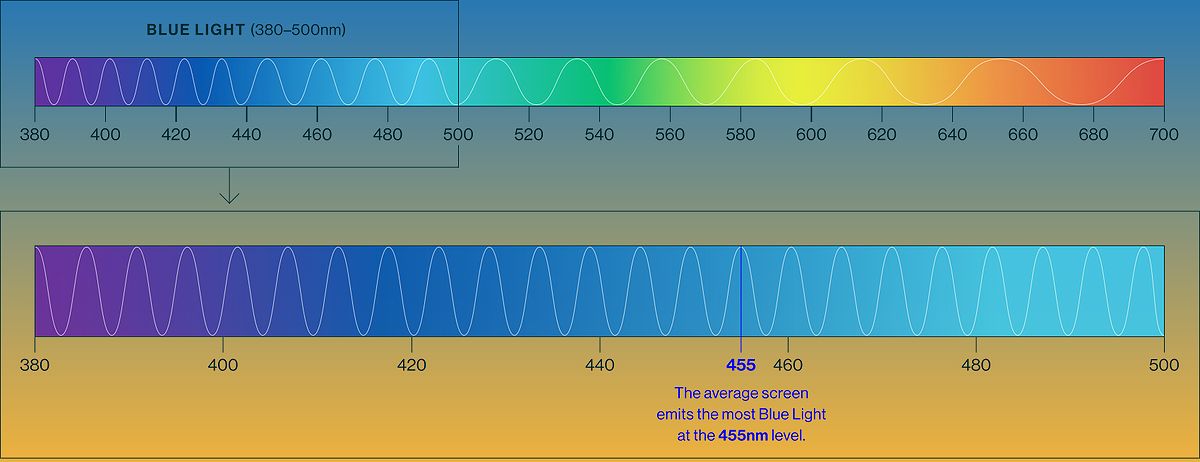
Why is Blue Light a Concern for Kids?
Prolonged exposure to blue light can lead to a range of issues for children, including:
- Digital Eye Strain: Spending hours in front of screens can cause discomfort, fatigue, headaches, and blurry vision.
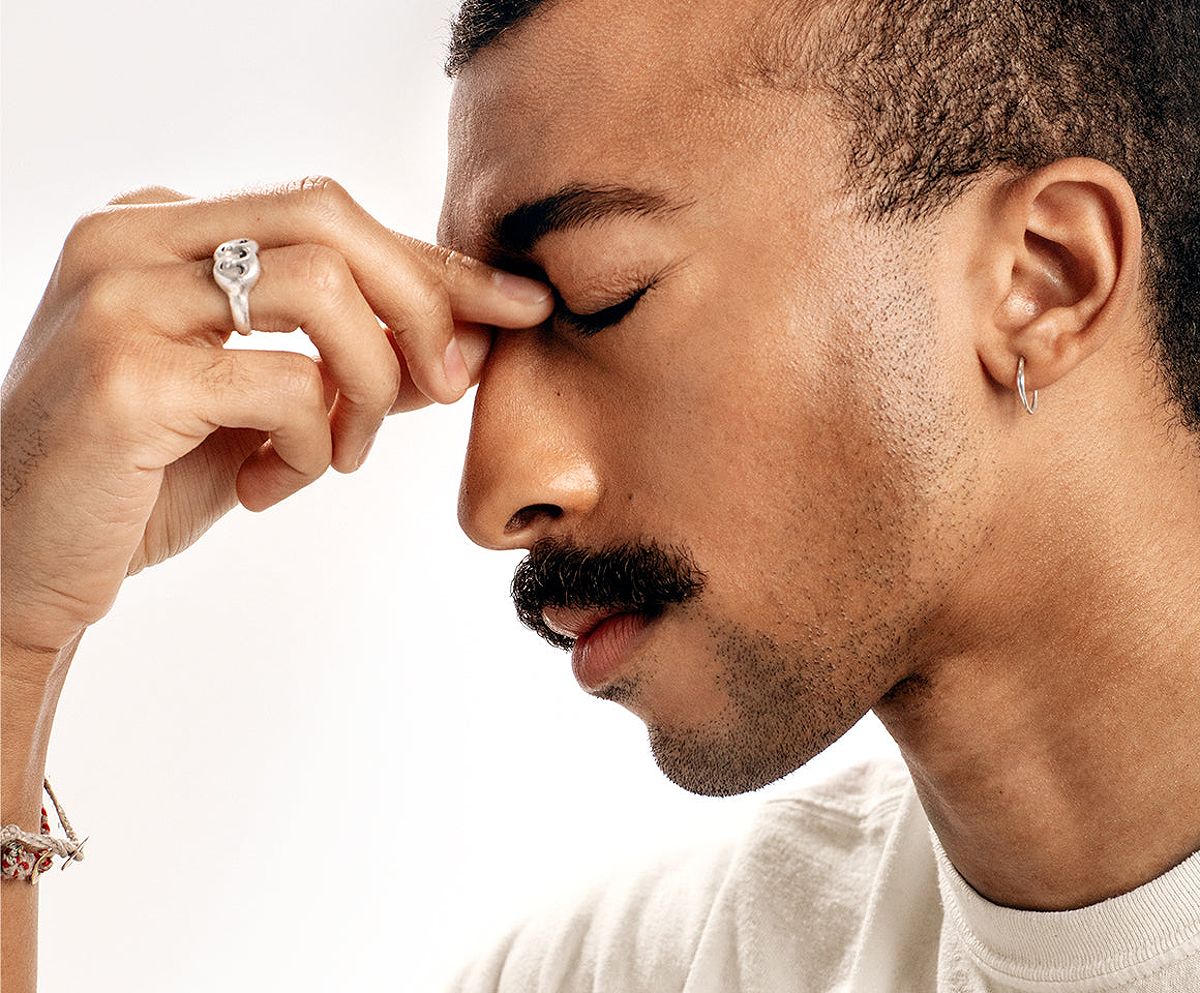
- Sleep Disruption: Blue light exposure in the evening can suppress melatonin production, making it harder for kids to fall asleep and enjoy quality rest.
- Potential Long-Term Eye Damage: While research is ongoing, some studies suggest a possible link between excessive blue light and retinal damage, which could increase the risk of age-related macular degeneration.
How Much Blue Light is Too Much?
It’s important to limit your child’s screen time, especially before bedtime. The American Academy of Pediatrics recommends the following screen time guidelines:
- Toddlers (18-24 months): No more than 30 minutes per day
- Preschoolers (3-5 years): No more than 1 hour per day
- School-aged children (6-12 years): No more than 2 hours per day
Keeping these guidelines in mind can help minimize your child’s exposure to blue light and its potential negative effects.
What is Blue Light Blocking Glasses and How Do They Work for Kids?
The Science of Blue Light Filtration
Blue light blocking glasses are designed with specialized lenses that filter out a significant portion of the blue light spectrum. They achieve this through coatings or materials that either absorb or reflect the harmful wavelengths before they reach your child’s eyes. This helps create a more comfortable viewing experience without altering their overall visual perception.
Types of Blue Light Blocking Lenses for Kids
When it comes to blue light blocking glasses for kids, you’ve got a few options:
- Clear Lenses: These lenses filter blue light without changing your child’s color perception. They’re perfect for everyday use and blend seamlessly into their routine.
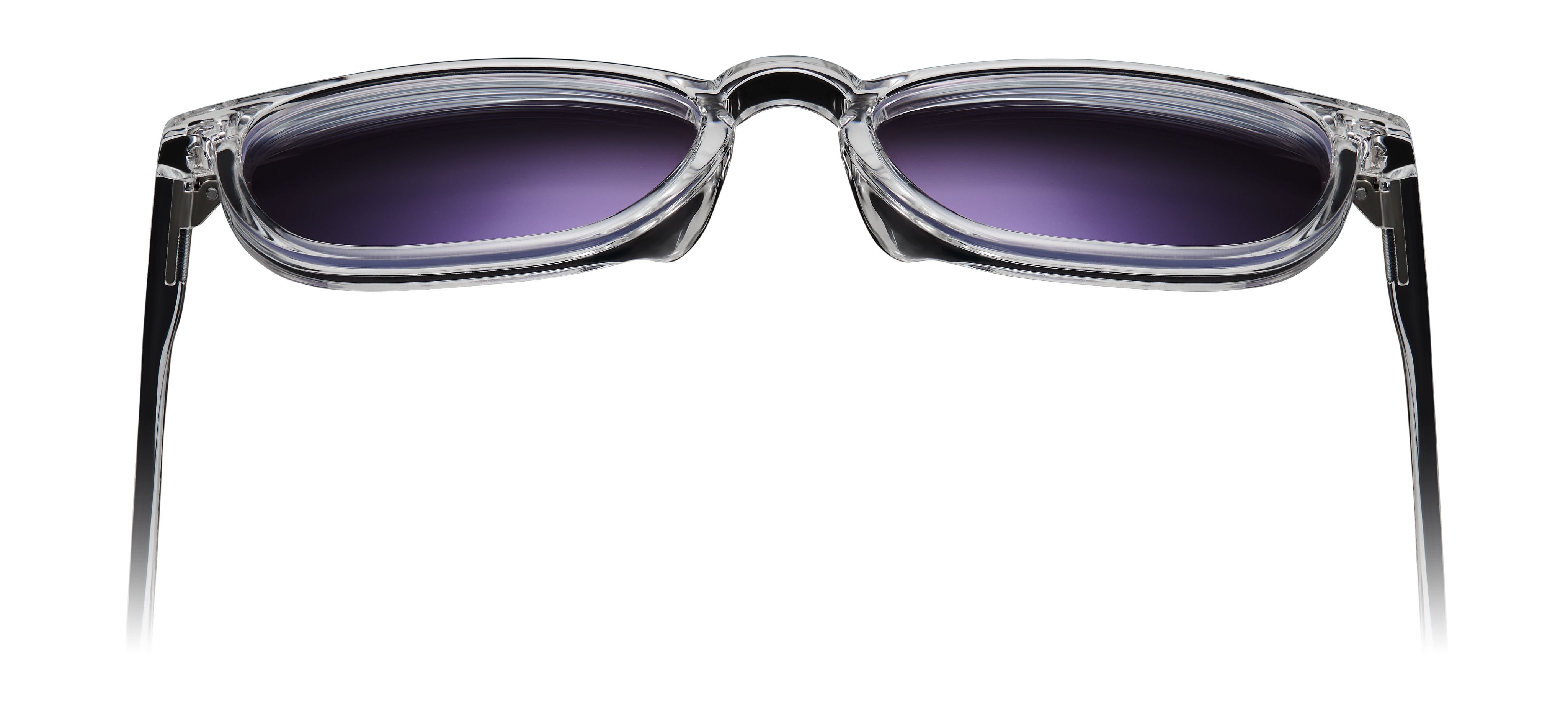
- Tinted Lenses: If your child is a heavy screen user, you might want to consider lenses with a yellow or amber tint. These are specifically designed to block a wider range of blue light and can significantly reduce glare.
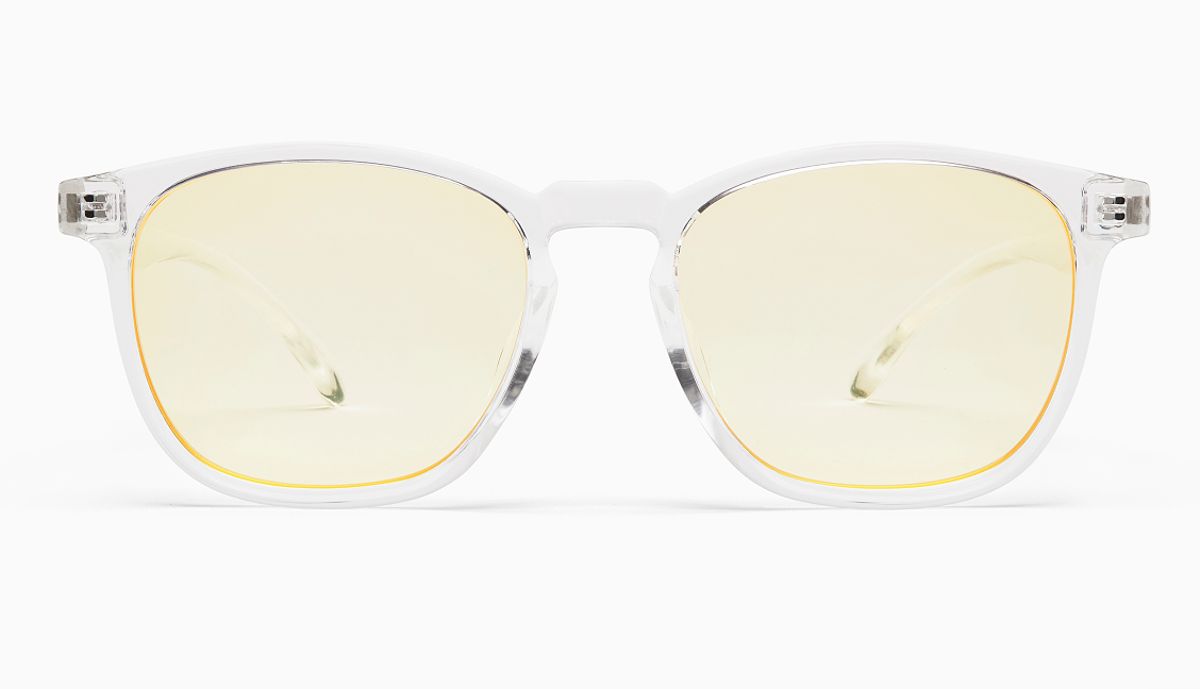
- Light-Adaptive Lenses: Also known as photochromic lenses, these automatically darken in response to UV light, offering both blue light filtration and UV protection. This can be especially useful for kids who switch between indoor and outdoor environments.
Are Blue Light Blocking Glasses Safe for Kids?
There’s no evidence that blue light blocking glasses are harmful to children. However, it’s still important to limit screen time and ensure your child has regular eye exams to monitor their eye health.
Benefits of Blue Light Blocking Glasses for Kids
Reducing Digital Eye Strain
Blue light blocking glasses can help alleviate digital eye strain by filtering out those high-energy blue rays. This can reduce discomfort, headaches, and blurry vision, allowing your child to focus better on their schoolwork or other activities.
Improving Sleep Quality
Struggling to get your child to sleep after a long day of screen time? Blue light blocking glasses can help mitigate this effect by limiting the blue light that reaches their eyes, promoting better melatonin production and a more restful night’s sleep.
Potential Eye Health Benefits
While more research is needed, some studies suggest that blue light blocking glasses may offer protection against certain age-related eye conditions by filtering out a portion of blue light. This could help safeguard the delicate structures of your child’s eyes in the long run.
Choosing the Right Blue Light Blocking Glasses for Kids
When selecting the perfect pair of blue light blocking glasses for your child, there are a few factors to consider:
Lens Type
As we discussed, blue light blocking glasses come in various lens types. Clear lenses are a versatile choice for everyday use, while tinted lenses can be more beneficial for heavy screen users. If your child frequently moves between indoor and outdoor settings, light-adaptive lenses might be a great option.
Frame Style
The frame you choose can impact both comfort and aesthetics. Look for a frame that complements your child’s face shape and personal style. It’s also a good idea to consider frames that provide side coverage to block peripheral blue light. 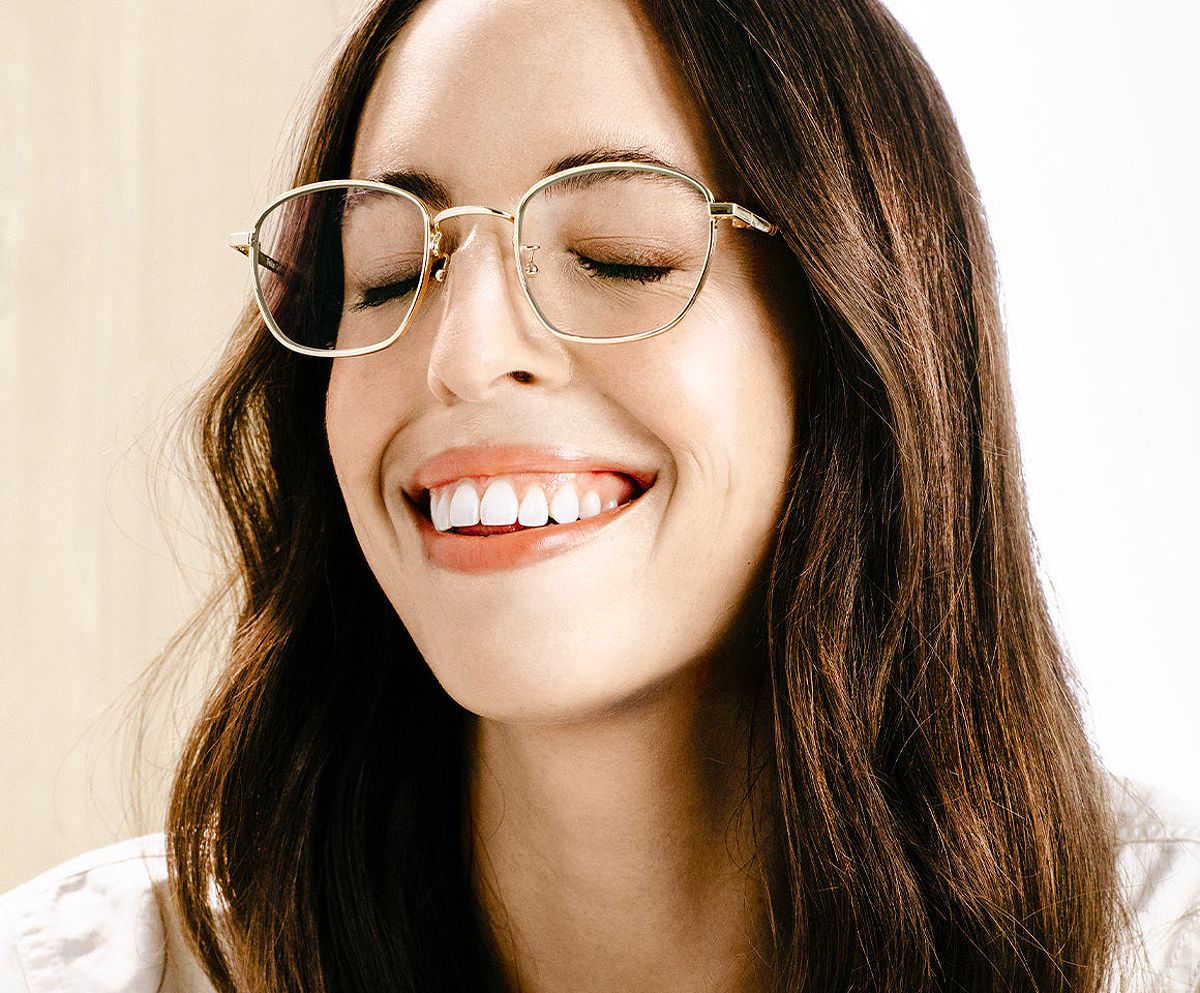
Safety and Durability
When it comes to kids, safety and durability are essential. Choose glasses with features like flexible frames, impact-resistant lenses, and UV protection to ensure your child’s comfort and safety.
Budget
Blue light blocking glasses for kids are available at a range of price points. While there are affordable options, it’s important to find a good balance between quality and value for your money.
Potential Concerns and Considerations
While blue light blocking glasses are generally considered safe for children, there are a few additional factors to consider:
Impact on Vitamin D Production
Some studies suggest that limiting blue light exposure through the use of blue light blocking glasses could potentially reduce the body’s production of vitamin D, which is essential for bone health and overall well-being. However, the impact is likely minimal, and ensuring your child gets enough natural sunlight exposure (without the use of glasses) can help mitigate this concern.
Psychological Effects
There is some concern that the use of blue light blocking glasses could potentially impact a child’s circadian rhythms and mood. While more research is needed in this area, it’s important to monitor your child’s sleep patterns and overall well-being when using these glasses.
FAQ
Q: Do blue light blocking glasses work for all types of screens?
A: Yes, blue light blocking glasses can be beneficial for all types of screens, including computers, smartphones, tablets, and TVs.
Q: How often should my child wear blue light blocking glasses?
A: They can be worn anytime your child is using digital devices, especially during extended screen time.
Q: Can I get blue light blocking glasses with a prescription?
A: Yes, many retailers offer blue light blocking lenses that can be added to prescription glasses.
Q: Are there any risks associated with blue light blocking glasses for kids?
A: There’s no evidence of harm from blue light blocking glasses for children. However, it’s important to limit screen time and ensure they have regular eye exams.
Conclusion
As parents, it’s natural to be concerned about the impact of blue light on our children’s eyes and sleep. Blue light blocking glasses can be a helpful tool in addressing these concerns. By filtering out harmful blue light, these glasses can reduce digital eye strain, improve sleep quality, and potentially protect your child’s eye health in the long run. When choosing the right pair, consider the lens type, frame style, safety, and your budget to find the perfect fit. Talk to your child’s eye care professional to determine if blue light blocking glasses are the right solution for your family.
